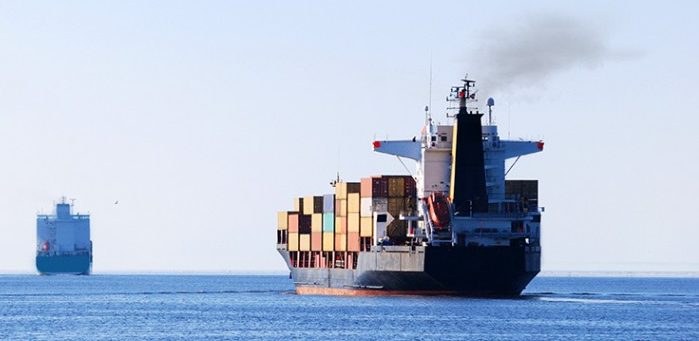More than 90% of the world’s shipping fleet will comply with IMO sulphur cap entering into force in 2020, said the London-based oil and gas major BP, amid industry concerns of potential non-compliance.
Namely, on the sidelines of an industry conference in New Orleans, Jason Breslaw, BP Senior Originator, Distillate Trading in the Americas, was quoted as saying that only about 9% of the industry is likely to be non-compliant as the rule comes in effect.
Meanwhile, Wood Mackenzie consultancy estimates about 30% non-compliance, according to Alan Gelder, vice president of refining, chemicals and oil markets, as quoted by Reuters.
Amid general concerns regarding the best possible options for compliance, three key three methods have been identified, including:
- use of low sulphur fuel oil (LSFO), created by an extended refining process, during which a greater percentage of the sulphur content is removed
- use of scrubbers installed on vessels that can continue to operate using HSFO
- use of LNG or hydrogen as marine fuels, considerably “greener” alternatives to oil, that could generally reduce SOx emissions by 90% – 95%
Despite confusion, IMO has noted there would be no delays or exceptions to the regulation.
Towards 2020, SAFETY4SEA has launched a survey, with respect to industry’s readiness to comply with the 0.5% sulphur cap.






























































